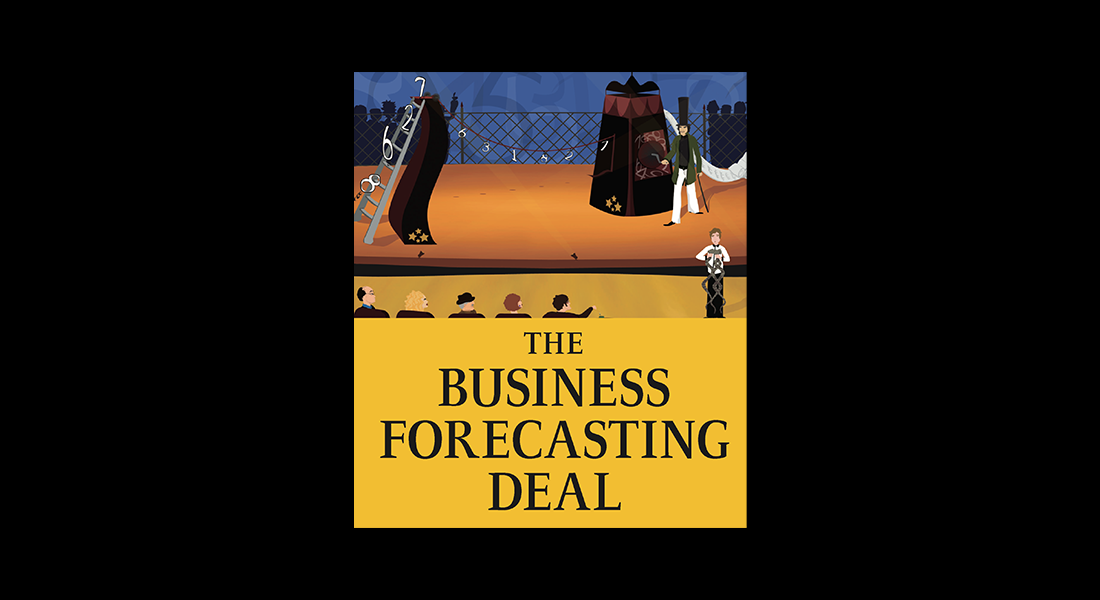
Personally, I don’t get Twitter. I have an account (mvgilliland) for anyone interested in not hearing any tweets from me. I follow a few people and have a few followers (including some that aren't porn bots) -- but what is the point? Does anyone really care that I’m out hanging

